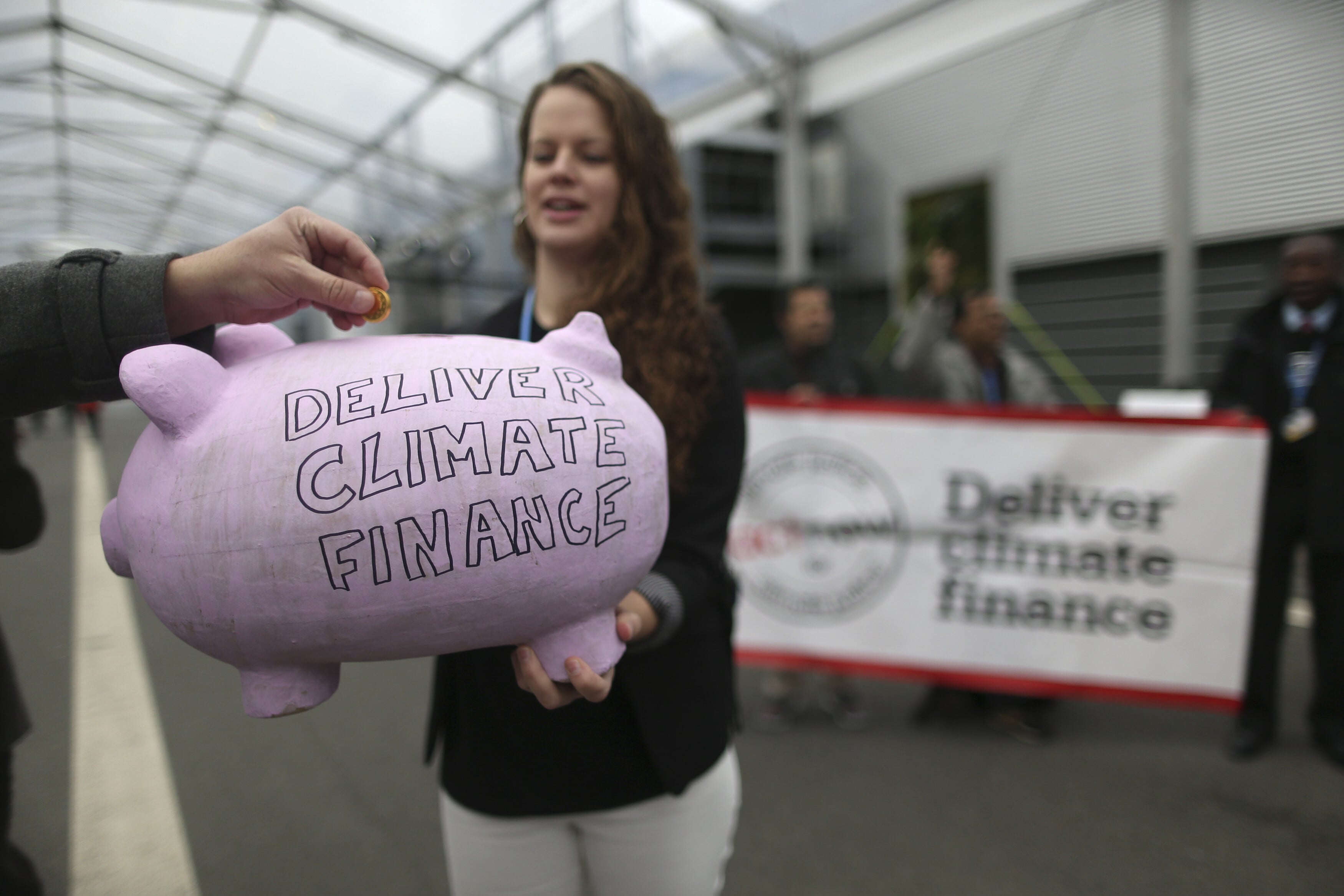Bank of England cuts rates while Fed holds steady, and other economics stories to read

The Bank of England lowered interest rates last week.
Image: Unsplash/Alicja Ziaj
- This weekly round-up brings you the latest news from the world of economics and finance.
- Top economy stories: Bank of England cuts rates, Fed holds steady; Eurozone economy grows; Bank of Japan increases rates.
1. Bank of England cuts interest rates, Fed holds steady
The Bank of England cut interest rates last week, bringing them down from a 16-year high. The narrow vote in favour of a cut (5-4) saw rates lowered by 25 basis points to 5%.
"We need to make sure make sure inflation stays low, and be careful not to cut interest rates too quickly or by too much," Governor Andrew Bailey said in a statement.
The UK's consumer price inflation returned to the central bank's 2% target in May and remained there in June. It hit a more-than-40-year high of 11.1% in October 2022.
The country's interest rates had remained unchanged for almost a year, and the minutes of the latest meeting show that the decision to cut this time around had been "finely balanced" for some members.
Meanwhile, the US Federal Reserve voted to keep its benchmark interest rate steady in the 5.25-5.5% range. However, its chair, Jerome Powell, said rates could be cut as soon as September if the US economy follows its expected path.
"If we were to see inflation moving down ... more or less in line with expectations, growth remains reasonably strong, and the labor market remains consistent with current conditions, then I think a rate cut could be on the table at the September meeting," he said.
How is the World Economic Forum improving the global financial system?
2. Eurozone economy grows
The Eurozone economy grew in the three months to the end of June, but the outlook for the rest of 2024 remains uncertain, with mixed underlying conditions and pessimistic survey results.
The data suggests this domestic boost has been helped by higher real incomes and increased public spending, Reuters reports. However, the bloc is struggling to regain ground in global trade.
Eurostat data showed the output in the 20 countries that share the currency increased by 0.3% in the quarter – matching the figures from the previous quarter. Beneath the overall data, though, a more variable picture emerges, with France and Spain outperforming expectations, while German output contracted.
Inflation also rose unexpectedly in Germany.
"Companies are suffering from the long-standing erosion of German competitiveness, and consumers are labouring under the recent inflation-induced slump in purchasing power," Joerg Kraemer, an economist at Commerzbank, was reported to have said in a note.
Accept our marketing cookies to access this content.
These cookies are currently disabled in your browser.
3. News in brief: Stories on the economy from around the world
South Korean inflation increased in July, rising 2.6% from the same month a year earlier, having hit an 11-month low in June at 2.4%.
Canada's gross domestic product likely rose 2.2% in the second quarter of 2024, according to data from Statistics Canada, exceeding a Bank of Canada forecast.
The Bank of Japan has increased interest rates to their highest levels since 2008, with its short-term policy rate now sitting at 0.25% having previously been at 0-0.1%.
Norway's adjusted unemployment rate hit its highest level in 19 months in July, increasing the chances of an interest-rate cut this year, Bloomberg reports.
Ethiopian Planning and Finance Minister, Fitsum Assefa, has said that he expects the country will be able to restructure $4.9 billion of its debt.
Consumer prices in Switzerland rose 1.3% in July from a year earlier, with its core reading – excluding fresh and seasonal products as well as energy – unchanged at 1.1%.
New research suggests that sports and music tourism will grow significantly over the next decade to become a $1.5 trillion industry by 2032. Sports tourism alone, valued at $564.7 billion last year, is expected to jump to $1.33 trillion in the next eight years.
The US unemployment rate hit a near three-year high of 4.3% in July following a slowdown in hiring.
South Korean consumer inflation rose in July after slowing for the three previous months, with the consumer price index rising 2.6% compared with a year earlier.
4. More on finance and the economy from our blog
What is the future of the US dollar as the world's dominant reserve currency? Alexis Crow of PwC explores the trends and dynamics that could challenge the role of 'king dollar'.
Harrison Lung, Group Chief Strategy Officer at e&, explains why fintech will have a significant role to play in fostering economic growth and cutting poverty by improving financial inclusion.
Investment in 2023 was marked by unprecedented uncertainty, writes Lim Chow-Kiat, CEO of GIC. Diversification and price discipline will be essential for long-term investment success.
Accept our marketing cookies to access this content.
These cookies are currently disabled in your browser.
More on Financial and Monetary SystemsSee all
Sandra Waliczek and Harry Yeung
July 29, 2025
Pranidhi Sawhney and Adam Skali
July 29, 2025
David Carlin and Sourajit Aiyer
July 28, 2025
Veronica Frisancho
July 22, 2025
Jesus Serrano
July 14, 2025





